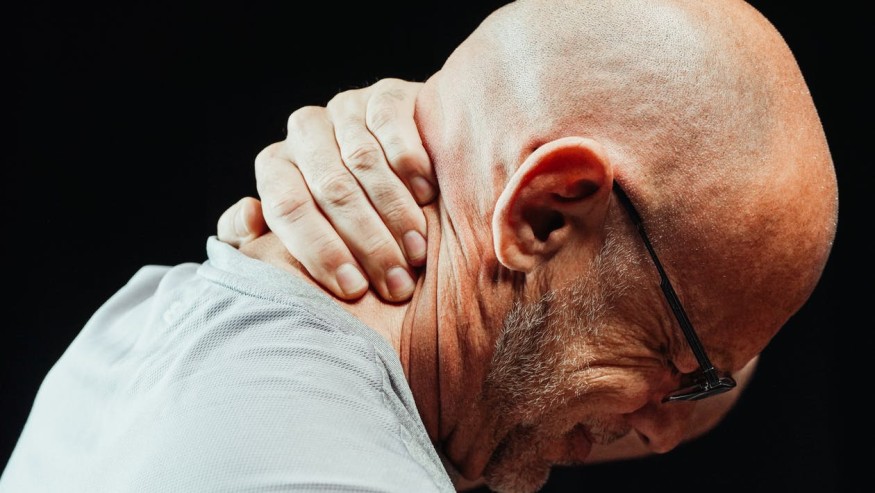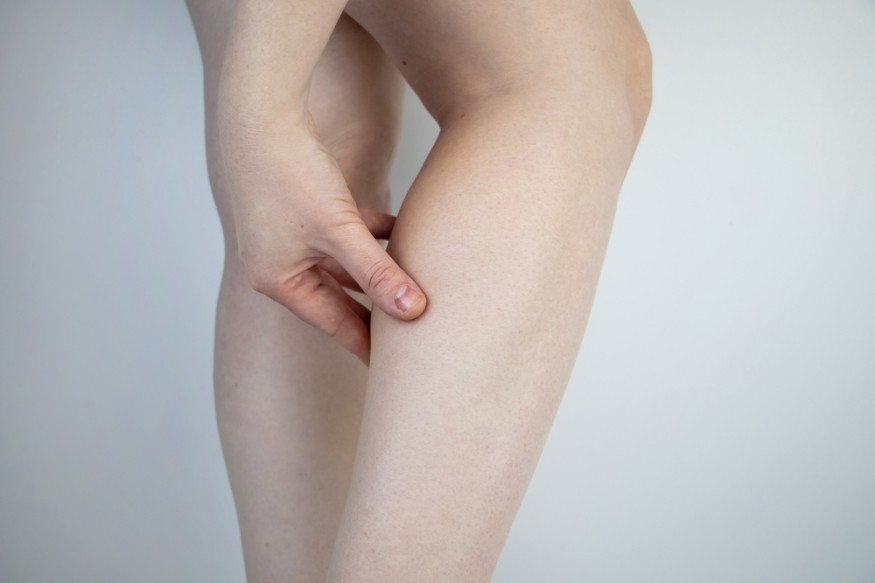Dan Waldrip had been in agony for 18 years, on and off. He opted to participate in a clinical study for pain reprocessing therapy, a novel treatment. The idea was to show Waldrip that his continuing pain was caused by misfiring brain circuits rather than lasting tissue damage.

Americans Suffering from Chronic Pain
According to the Centers for Disease Control and Prevention, 20 percent of Americans suffer from chronic pain. The terrible repercussions of opioid addiction-which killed about 50,000 individuals in the United States in 2019 alone-have prompted experts to hunt for alternatives to new medications. According to Padma Gulur, head of the Duke University Health System's pain management strategy program, research on alternate techniques is "absolutely blossoming." "To minimize undesired side effects and addiction, we're all seeking non-opioid, and honestly non-pharmacological choices," she explains.
Examining Catastrophizing Pain

One intriguing area of study is examining how "catastrophizing" about pain-believing that it will never get better, that it will be the worst ever, or that it will ruin your life-influences whether or not these predictions come true. According to Yoni Ashar, a psychologist at Weill Cornell Medical College and coauthor of the study Waldrip participated in; this effect is very different from the dismissive "it's all in your head" comments chronic-pain patients sometimes hear from doctors when they can't pinpoint a physical cause. Some modern scholars despise "catastrophizing" since it implies that the thinker is to blame.
Changes in the pain processing pathways may create very genuine, excruciating pain without any biological harm to the body, Ashar explains. According to him, "the fundamental organ of pain is essentially the brain," which describes why pain reprocessing therapy appears to benefit certain sufferers.
Discovery
Waldrip discovered that physical injury pain was not as fleeting as his back discomfort during the study. He also recognized that the initial encounter and the most severe flares were linked to immense life pressures. His back discomfort was gone for good within a month of commencing the treatments. Last month, when Waldrip spent five days skiing in Utah, he didn't feel a single pang.
For decades, people have believed that meditating on pain, exaggerating the intensity of agony they're experiencing, or feeling powerless in its face might make it worse. In 1995, a catastrophizing pain scale was established and is currently commonly used to assess the degrees of this thinking. Despite this, according to specialists, most doctors outside of academic settings are unaware of the consequences of their actions.
Looking for Non-Opioid Alternatives
For their renowned multidisciplinary pain treatment, many folks who come to the Spaulding Rehabilitation Network's Outpatient Center in Medford, Massachusetts, have been suffering from chronic pain for years. Most people are shocked when Spaulding personnel explain how thoughts might play a role in pain, according to Eve Kennedy-Spaien, the program's clinical supervisor.
Links to Worsening Health Conditions
A rising body of research shows that a high pain catastrophizing score is linked to poorer health outcomes. One of the early studies was published in 1998, which found that vehicle accident victims with the highest catastrophizing scores experienced more severe pain and disability (regardless of depression or anxiety levels) than other similarly wounded patients. These findings have just been confirmed by new research. Last year, European researchers concluded that patients with rheumatoid arthritis and psoriatic arthritis who rated their pain as "very high" had a lower quality of life than those with these diseases who did not rate their pain as "very high." However, objective analyses of their symptoms did not support this.
Dealing with Pain

According to Mark Lumley, a psychology professor at Wayne State University, pain specialists who appreciate the significance of preventing catastrophizing usually send patients to cognitive behavioral therapy. This psychological technique is frequently used to treat depression, eating disorders, and even post-traumatic stress disorder (PTSD). However, according to Lumley, research suggests that this type of therapy is ineffective for pain. A review of research on chronic musculoskeletal pain published in 2019 indicated that utilizing the treatment in conjunction with physical activity provides little to no additional benefit.
Related Article : Covid Threat Still Lingers in the Animal World, are Humans at Risk?
For more health and medicine related news, don't forget to follow Nature World News!
© 2026 NatureWorldNews.com All rights reserved. Do not reproduce without permission.





